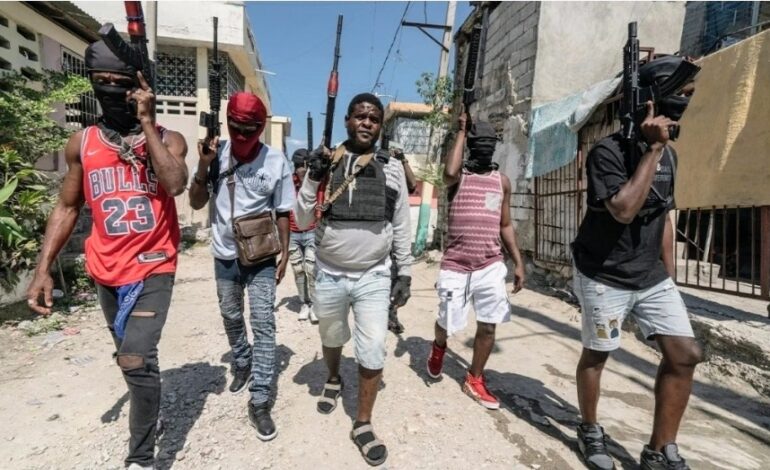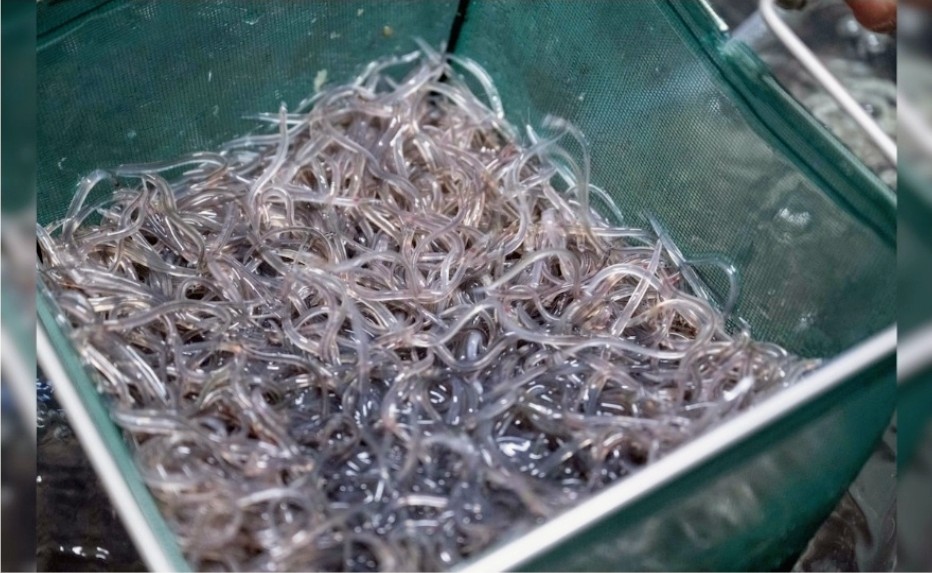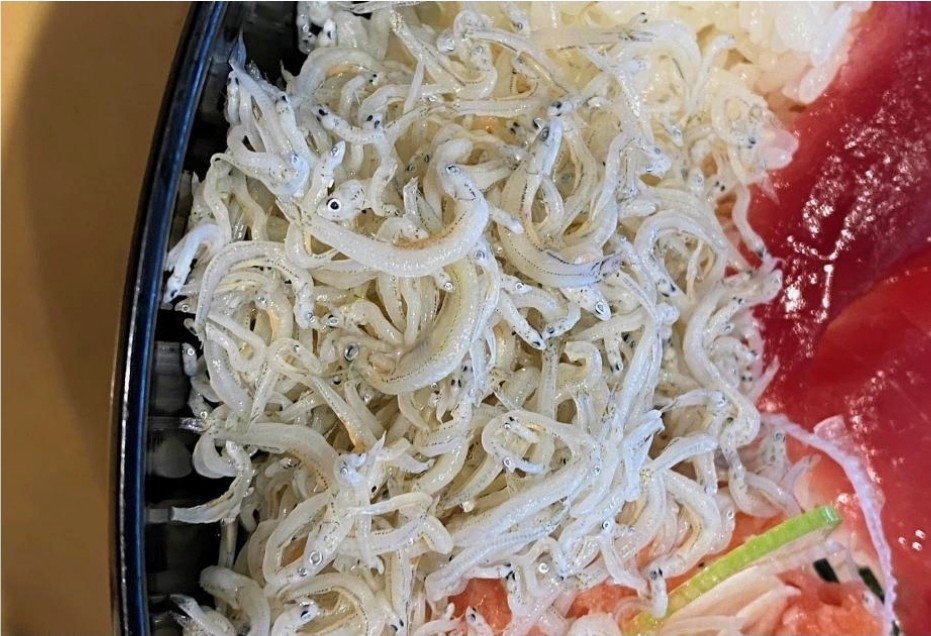
Wayne Lumbasi
Haitian gangs are reportedly turning the trade in baby eels, locally called zangi, into a major source of revenue, exploiting both fishermen and the environment. The tiny eels migrate from the Sargasso Sea to Haiti’s rivers before returning to spawn and are in high demand in Asia, where they are used in aquaculture.
Fishermen risk dangerous conditions to catch the fragile eels, often working at night with rudimentary equipment. Despite the hazards, they earn very little, while gangs and middlemen control exports and make substantial profits. Some shipments operate outside regulatory oversight, with gangs reportedly extorting fishermen and dominating key transport routes.

The American eel, the species being harvested, is considered endangered. Overfishing has already begun to disrupt local ecosystems. Haiti’s lack of strong enforcement and absence from international wildlife conventions has allowed the trade to flourish in the shadows, providing fertile ground for criminal networks.
Authorities have occasionally seized shipments suspected of illegal trafficking, but enforcement remains limited. International conservation groups and importing countries have called for tighter regulation to protect the species and curb illicit trade. Some Haitian officials have attempted modest restrictions on harvesting, but data gaps and weak governance have hindered comprehensive action.

The trade highlights the intersection of poverty, environmental risk, and organized crime. While the eels fetch high prices abroad, the benefits rarely reach local communities, leaving fishermen exposed to exploitation. Continued overharvesting threatens both biodiversity and livelihoods, raising the risk of long-term ecological collapse.
As Haiti navigates political and economic challenges, the baby eel market shows how lucrative natural resources can fuel criminal networks, providing both financial gain and influence in vulnerable coastal regions. Without stronger monitoring and international cooperation, the trade is likely to continue unchecked, jeopardizing both people and nature.
MORE ON HAITI
UN APPROVES MILITARIZED FORCE TO COMBAT HAITI’S GANGS
MASS DEPORTATION OF HAITIANS – 10,000 PER WEEK BY DOMINCAN REPUBLIC
HAITI’S INDEPENDENCE DEBT: 200 YEARS LATER, DEMANDS FOR REPARATIONS FROM FRANCE INTENSIFY








